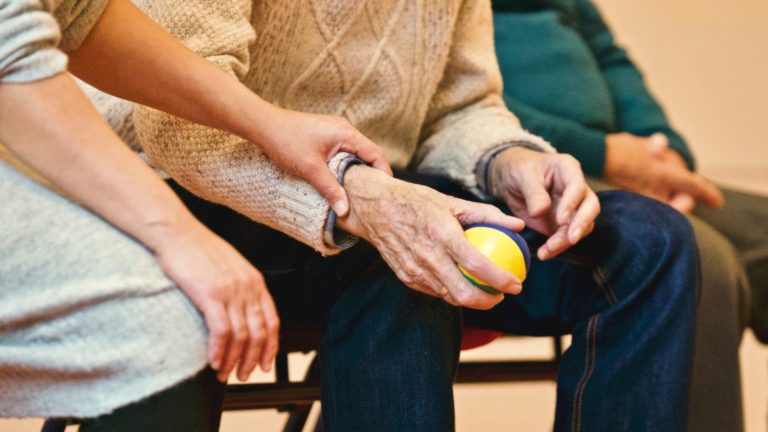
Who Is the Best Choice for Power of Attorney?
Picking a person to serve as your Power of Attorney is an extremely important part of your estate plan, although it is often treated like an afterthought once the will and trust documents are completed. Naming a POA needs to be given the same serious consideration as creating a will, as discussed in this recent article “Avoid powers of attorney mistakes” from Medical Economics.
Choosing the wrong person to act on your behalf as your Power of Attorney (POA) could lead to a host of unintended consequences, leading to financial disaster. If the same person has been named your POA for healthcare, you and your family could be looking at a double-disaster. What’s more, if the same person is also a beneficiary, the potential for conflict and self-dealing gets even worse.
The Power of Attorney is a fiduciary, meaning they are required to put your interests and the interest of the estate ahead of their own. To select a POA to manage your financial life, it should be someone who you trust will always put your interests first, is good at managing money and has a track record of being responsible. Spouses are typically chosen for POAs, but if your spouse is poor at money management, or if your marriage is new or on shaky ground, it may be better to consider an alternate person.
If the wrong person is named a POA, a self-dealing agent could change beneficiaries, redirect portfolio income to themselves, or completely undo your investment portfolio.
The person you name as a healthcare POA could protect the quality of your life and ensure that your remaining years are spent with good care and in comfort. However, the opposite could also occur. Your healthcare POA is responsible for arranging for your healthcare. If the healthcare POA is a beneficiary, could they hasten your demise by choosing a substandard nursing facility or failing to take you to medical appointments to get their inheritance? It has happened.
Most POAs, both healthcare and financial, are not evil characters like we see in the movies, but often incompetence alone can lead to a negative outcome.
How can you protect yourself? First, know what you are empowering your POAs to do. A boilerplate POA limits your ability to make decisions about who may do what tasks on your behalf. Work with your estate planning attorney to create a POA for your needs. Do you want one person to manage your day-to-day personal finances, while another is in charge of your investment portfolio? Perhaps you want a third person to be in charge of selling your home and distributing your personal possessions, if you have to move into a nursing home.
If someone, a family member, or a spouse, simply presents you with POA documents and demands you sign them, be suspicious. Your POA should be created by you and your estate planning attorney to achieve your wishes for care in case of incapacity.
Different grown children might do better with different tasks. If your trusted, beloved daughter is a nurse, she may be in a better position to manage your healthcare than another sibling. If you have two adult children who work together well and are respected and trusted, you might want to make them co-agents to take care of you.
Your estate planning attorney has seen all kinds of family situations concerning POAs for finances and healthcare. Ask their advice and don’t hesitate to share your concerns. They will be able to help you come up with a solution to protect you, your estate and your family.
Reference: Medical Economics (Feb. 3, 2022) “Avoid powers of attorney mistakes”




